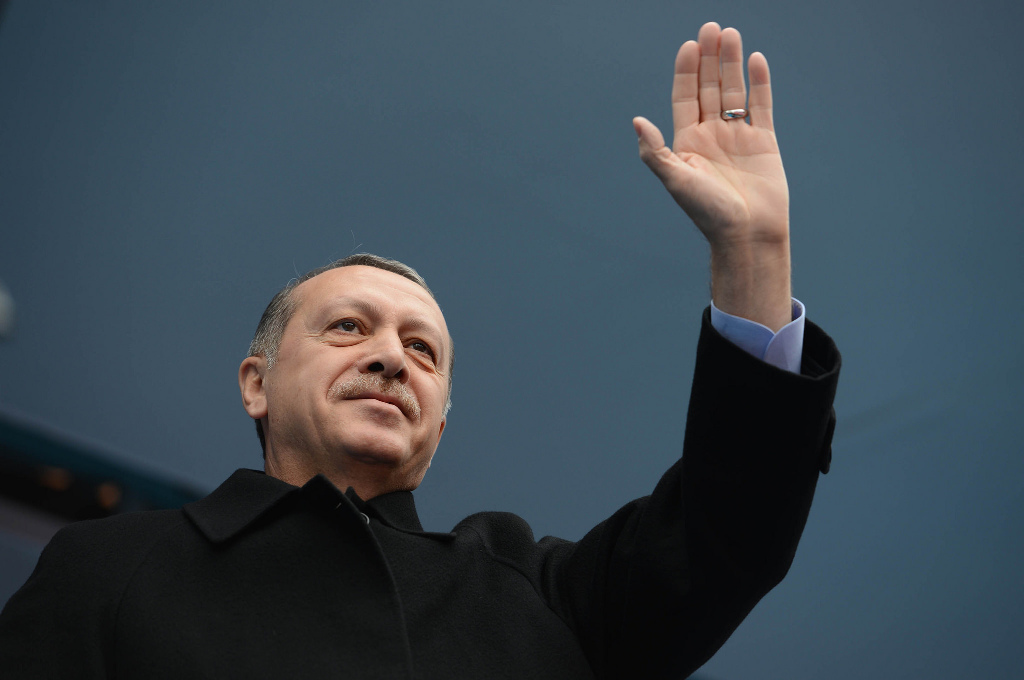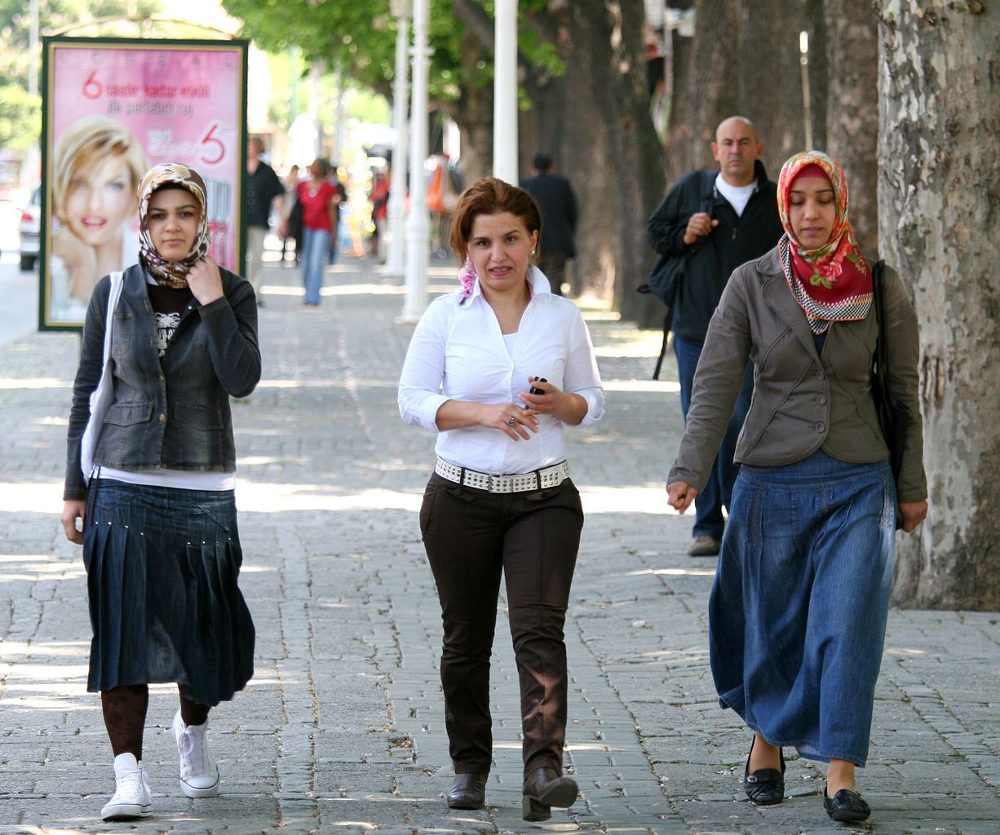ANKARA, Turkey (ViaNews) – On Jan. 20, Turkey launched “Operation Olive Branch” along with the FSA (Free Syrian Army) to clear YPG militants (Kurdish defence forces) from the Afrin district. Subsequently, a group of students opened a stand on the campus of Bosphorus University, one of Turkey’s top universities, distributing sweets dubbed “Afrin delight” to commemorate fallen soldiers in Turkey’s cross-border operation in Syria. Another group protested against them, holding anti-war banners reading “Occupation and slaughter must not be celebrated”.
President Erdogan, claiming that the students involved in anti-war protests had attacked “religious, nationalist and local youth”, said, “we won’t give these terrorist youth the right to study at these universities”. He added that “the academics who are related to those students will not be tolerated either”
Since March 22, the police detained 12 students and kept them in detention for a week. The Financial Times reported the situation in Turkey under the headline “University crackdown raises fear for Turkish academic freedom”.
How Turks View Their Government
The majority of Turkish people do not feel safe in their country, whether it be civil servants, students or activists.
Last week, an activist, Asuhan Han, was dismissed from her job and spoke about what she had been through since the coup attempt on July 15, 2016. When asked, Asuhan Han said she was left to guess the reason behind the dismissal. She was working as a sociologist at the Ministry of Family and Social Policy and was told she was dismissed because she’s both an activist and an Alevi, a heterodox sect of Islam.
When asked how she feels about all this, she criticised the pressure the Turkish people have been undergoing since the petition condemning the government’s military action against the Kurdish militia in 2016. She also added that people are unable to express their thoughts and views and why the atmosphere in Turkey poses a serious threat to human rights and freedom.
However, AKP (Islamic right-wing party) supporters’ love for Erdogan remains unconditional despite the alleged poor respect for human rights.
According to an article on the Turkish online news publication, Hurriyet Daily News, Erdogan’s popularity spans from the fact that no alternative likeable leadership exists and there’s the need for stability in the executive authority.
How the International Community Views the Turkish Government
EU officials continue to emphasise the fact that thousands of civil servants have been dismissed from their jobs after the coup attempt on July 15, 2016, and Turkey becoming a member state of the EU is a far-fetched possibility.









